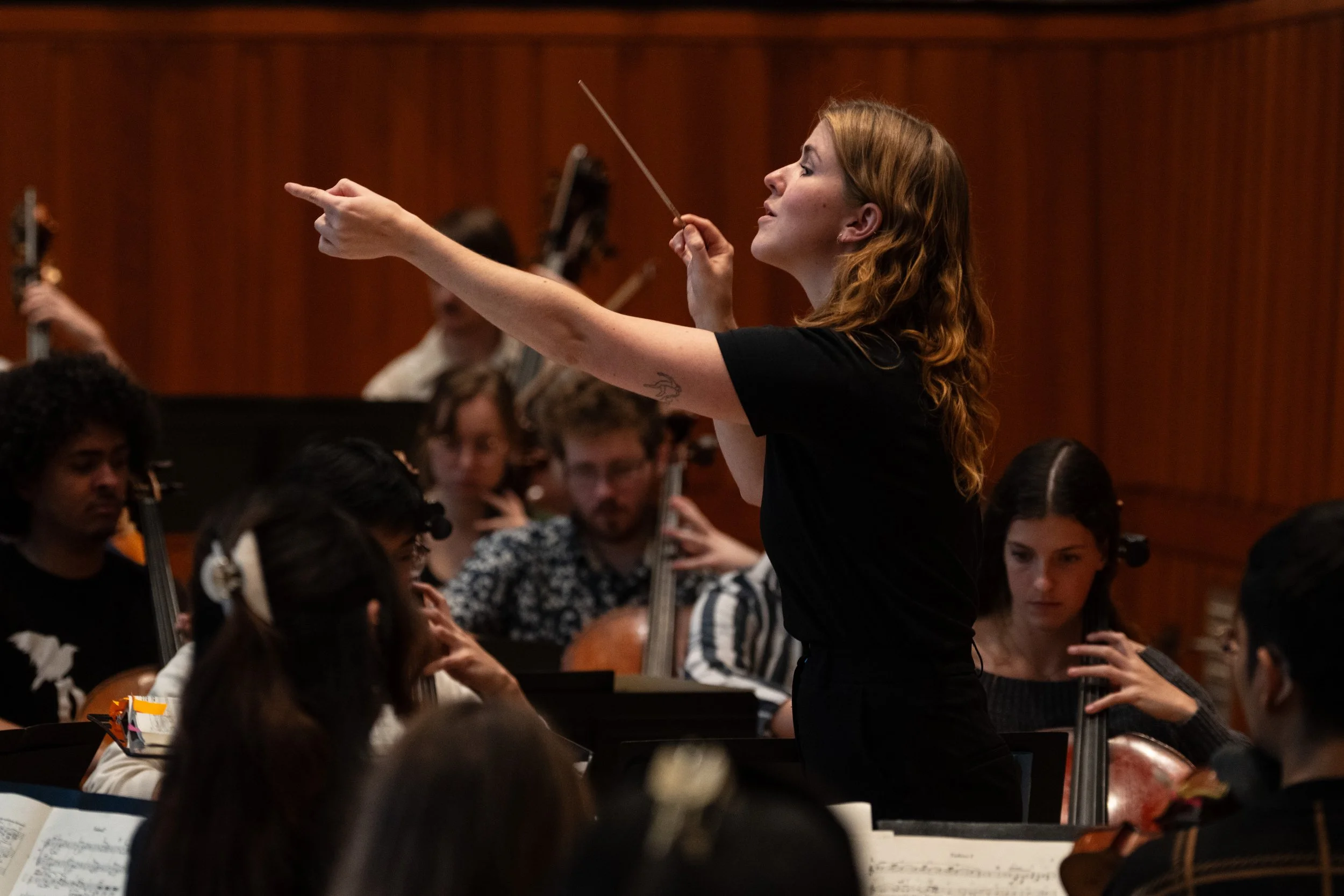ethos
Musical intentions…
So often in classical music performance, we broach the topic of “composer’s intention” and whether or not the interpreter may have reached at it. We dedicate a great deal of time and effort to studying history, style, music perception; all in an attempt to grasp at “authenticity.”
A socially aware reading of intention includes not only the composer’s compositional efforts, and the historical and social context in which the piece was written, but also the realization that it is the performers and audience members who are in conversation, each with the opportunity to communicate or plant a seed. We spend so much time hunting for the composer’s intention that we don’t always stop to consider our own.
And why is it that music from 200 years ago continues to compel musicians and listeners alike? My guess is that, whatever ineffable aspect of the human experience prompted a composer to write a piece of music 200 years ago cannot be so far from the same aspects of the human experience that prompt humans to continue to compose and share music as a means of expression and connection today. It is our job to find that thing.
This ineffable thing lies in the heart of the music, the intention, beyond any stylistic or technical considerations. The stories that music allows us to tell can sometimes be complex, problematic, and hard to convey, and therefore are rarely the topics in twenty-first century concert halls. Yet considering both the historical examples and studies of contemporary culture, we know that art can entertain the very conversations that otherwise prove difficult to discuss in mere words debated in a legislature or on cable news. Music, a most potent and often nonverbal link between peoples is in many ways is a last bastion against absolutism and control.
I’m so lucky to have already been privy to many diverse musical experiences that have prompted me to examine the responsibility and unique platform of the musician. Years of performing for the same, narrow audiences have left classical musicians too accepting of their current limited influence. We rarely do anything “unconventional” for fear of being seen as illegitimate or political. We do not probe, question and philosophize as much as we ritualize.
I am curious about the most effective ways to disrupt the stasis and comfort of the concert hall. I wish to examine how the disciplines of music research, performance, and perception can grow more aware of each other, and how artists across disciplines, activists, and researchers can most effectively collaborate. Conductors in particular I think have a distinct responsibility to lead others into more thoughtful music making.
Without question, I respect the model of the performer, but I wish to challenge that archetype in what I study, how and for whom I perform, and why I do what I do. In my life I plan to study and perform music from diverse traditions and time periods with equal fervor and dedication, because each project can— indeed, must!—consider its social and cultural potential if it is to avoid serving as a relic. Music can validate, challenge, comfort, subvert, explore, and teach. Adapting a culturally responsive, socially aware approach to programming, ensemble and community building, and storytelling through music is crucial not only for the continuation of the art form, but more importantly, in order for this powerful art form to heal and nourish those around us.

